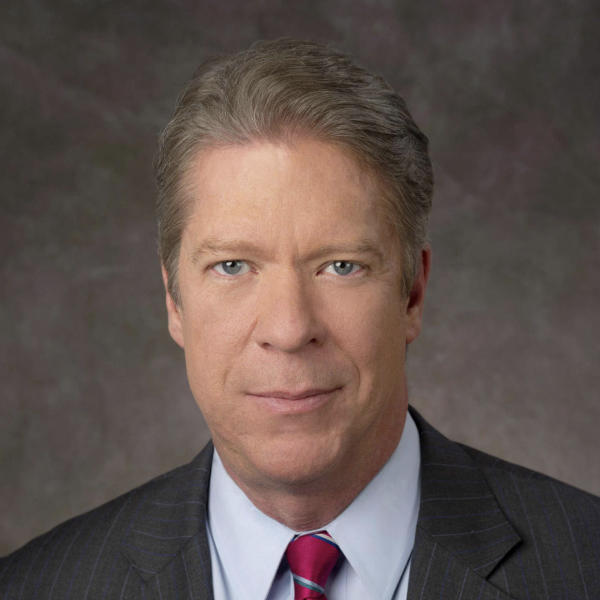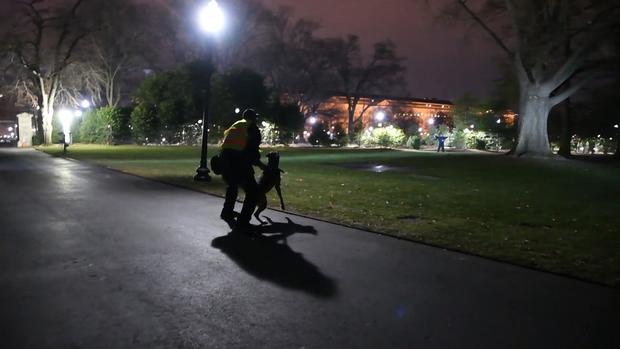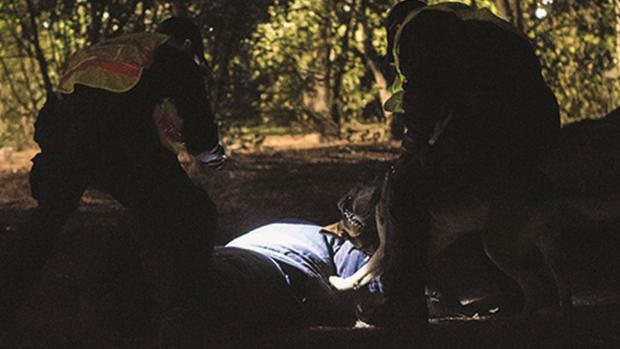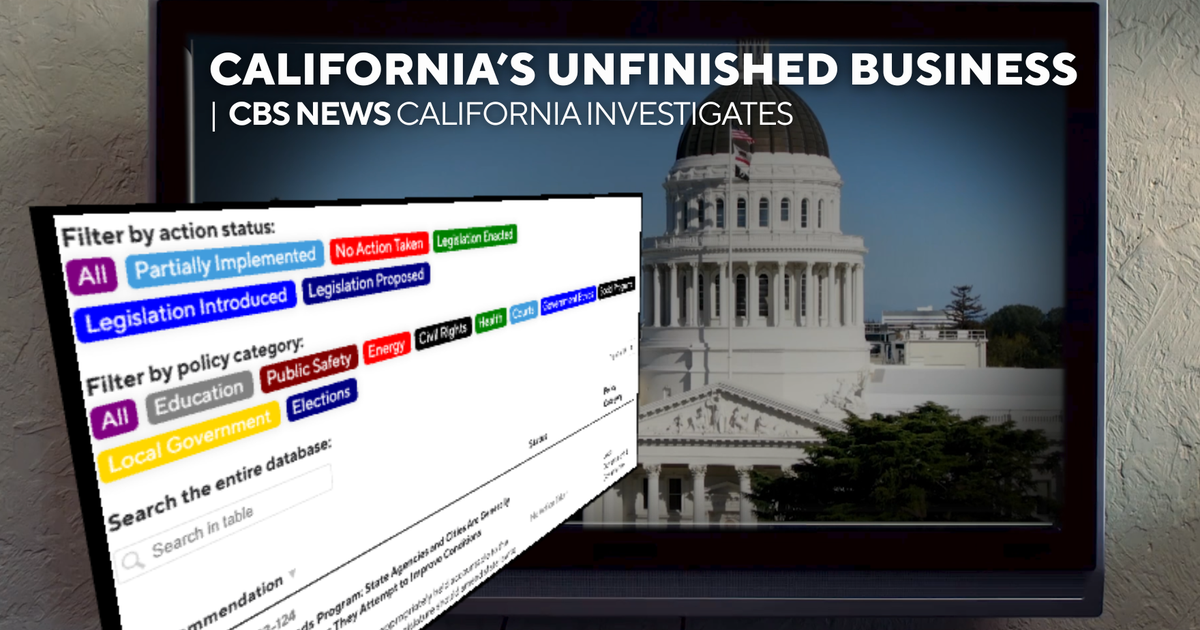Secret Service holds first-ever live drill on White House grounds
WASHINGTON -- Before dawn at the White House Friday, with President Trump inside the residence, a silent night suddenly roared toward daybreak. A Secret Service dog, alarmed by a would-be intruder, rushed the target, part of the first-ever live security drill on White House grounds. The goal is to find problem areas.
In his first network news interview, Secret Service Director Randolph "Tex" Alles told CBS News that agents need to simulate real-time scenarios.
"You fight like you train," Alles said. "Then you need to train like you fight. We're trying to provide realistic training that would be similar to what would happen if there's an emergency on the White House grounds."
There was an emergency in Sept. 2014, when fence-jumper Omar Gonzalez, with a knife in his back pocket, raced across the North Lawn and into the residence.
Gonzalez, an Army veteran, suffered from mental illness, like many fence jumpers apprehended by the Secret Service.
"You have to admire the restraint of the officers," said Alles. "The last thing we want to do is have to use lethal force, but they're well-prepared to do it on the grounds, I'll just say that."
Alles said his agency has been able to reduce fence-jumpers by adding bike racks along the fence line, but it's a different kind of threat that has him on alert.
"The most dangerous part would be some form of complex attack," Alles said. "Potentially a suicide attack with some kind of follow-on attack with the suicide bomber that would be my most dangerous course that we want to think about."
The Secret Service also faces other challenges. When asked about what resources the agency needs, Alles told CBS News that "of course, we have funding needs."
From 2011 to 2015, the Secret Service lost 10 percent of its workforce largely due to budget constraints and attrition.
"I think we understand that the sizing of the agency is not currently adequate. That's a stress factor on there," he said.
Alles told CBS News that not having enough agents makes for long hours and adds to the stress that comes with a Secret Service job. The director has appealed to the White House for a bigger budget to hire more agents and pay the overtime his current agents are entitled to but have not yet received.






